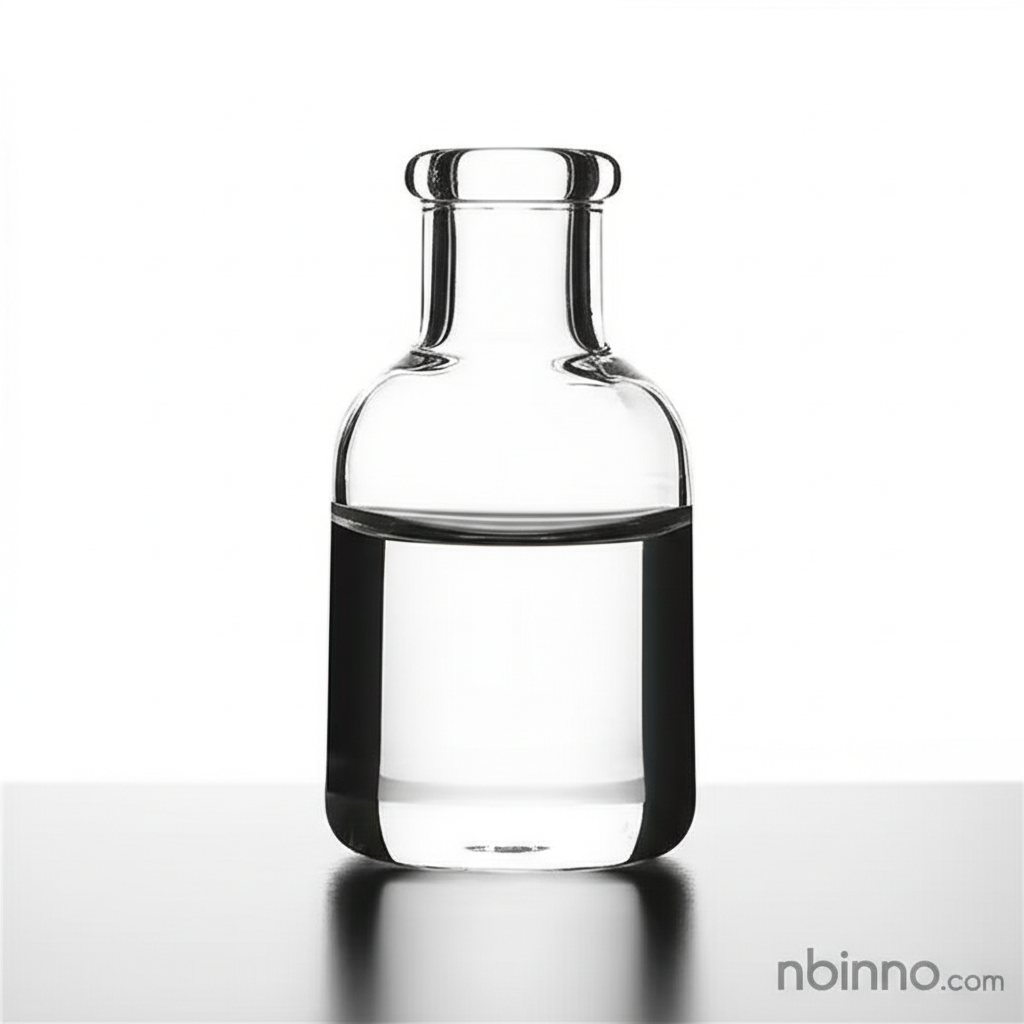Acryloyl Chloride: Synthesis, Properties, and Applications
A versatile reactive intermediate crucial for advanced material synthesis and chemical manufacturing.
Get a Quote & SampleProduct Core Value

Acryloyl Chloride
Acryloyl chloride (CAS 814-68-6) is a highly reactive organic compound essential for introducing acrylic functionalities into various molecules. Its utility in monomer and polymer synthesis makes it a key building block in the chemical industry, driving innovation in material science and advanced manufacturing.
- Discover the efficient synthesis of Acryloyl chloride, a critical step in producing high-quality materials for diverse industrial needs.
- Understand the unique Acryloyl chloride properties that enable its broad reactivity and application spectrum in chemical processes.
- Explore the wide range of Acryloyl chloride applications, from specialized monomers to advanced polymer chains, essential for modern materials.
- Learn about the safe handling and industrial chemical hazards associated with Acryloyl chloride, ensuring secure operational practices.
Advantages Provided by the Product
Versatile Reactivity
Leverage the potent reactivity of Acryloyl chloride for successful organic synthesis, enabling complex molecular structures with precise control.
Enhanced Material Properties
Utilize Acryloyl chloride in monomer and polymer synthesis to impart desirable characteristics like durability, flexibility, and chemical resistance to end products.
Key Chemical Intermediate
As a vital chemical intermediate, Acryloyl chloride facilitates the efficient production of a wide array of fine chemicals and specialty materials.
Key Applications
Polymer Production
Acryloyl chloride is instrumental in the polymer production process, serving as a fundamental monomer for creating specialized polymers with tailored properties.
Fine Chemical Manufacturing
The compound is widely employed in fine chemical manufacturing, acting as a reactive building block for synthesizing complex organic molecules and specialty chemicals.
Introduction of Acrylic Groups
Its primary function in introducing acrylic groups makes it indispensable for creating acrylate esters, amides, and other derivatives used across various industries.
Research and Development
Acryloyl chloride is a valuable reagent in research and development laboratories for exploring new synthetic pathways and developing novel materials.
